Additional positive results were announced from Part A of a pivotal Phase 3 trial evaluating the investigational use of Dupixent (dupilumab) in patients 12 years and older with eosinophilic esophagitis (EoE). As previously reported, the trial met both of its co-primary and all key secondary endpoints. New late-breaking data showing additional improvements in disease severity and extent at the microscopic level, as well as normalization of gene expression pattern associated with type 2 inflammation, were presented at the virtual American College of Gastroenterology (ACG) Annual Scientific Meeting and the United European Gastroenterology (UEG) Week Virtual 2020.
There are currently no FDA-approved medicines for EoE, a chronic and progressive inflammatory disease that damages the esophagus and prevents it from working properly. Over time, excessive type 2 inflammation may cause scarring and narrowing of the esophagus, making it difficult to swallow. EoE can affect a patient’s ability to eat and cause food to become stuck after being swallowed (food impaction), which can lead to a medical emergency.
Previously announced results showed Dupixent improved symptomatic, structural and histologic measures of EoE. The use of Dupixent to treat EoE is investigational and has not been fully evaluated by any regulatory authority.
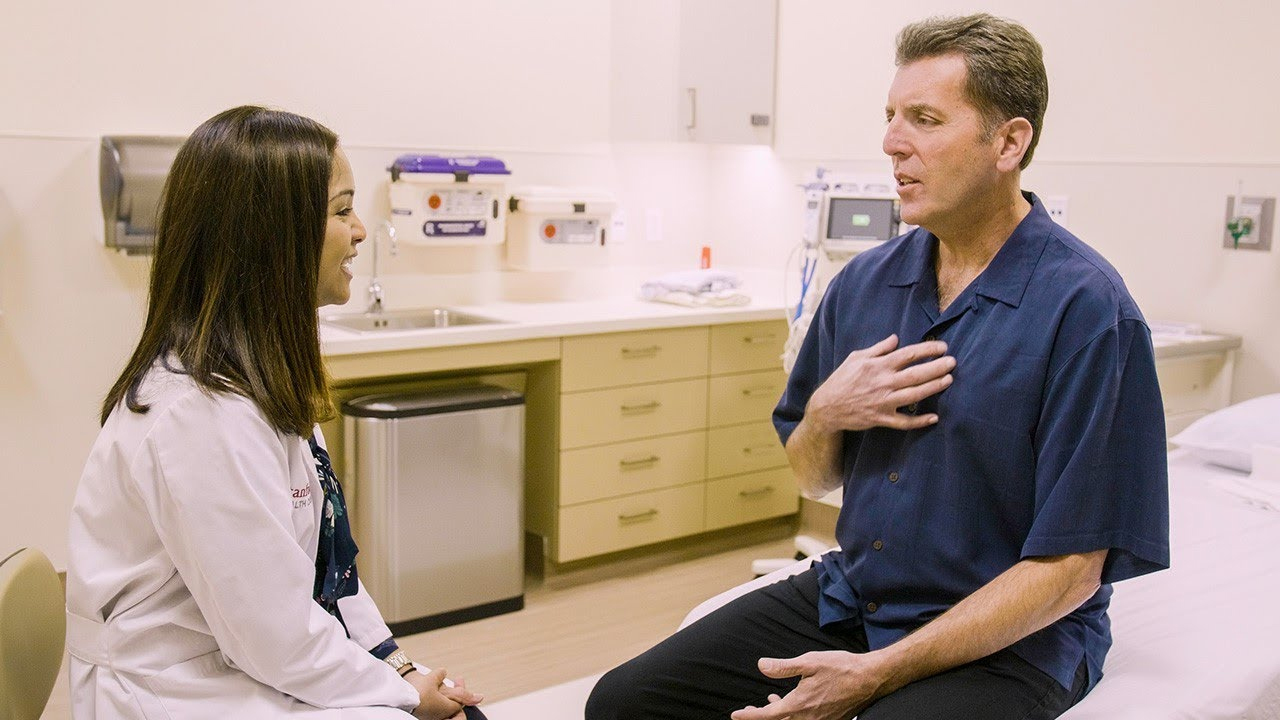
 New late-breaking data showing additional improvements in disease severity and extent at the microscopic level
New late-breaking data showing additional improvements in disease severity and extent at the microscopic level





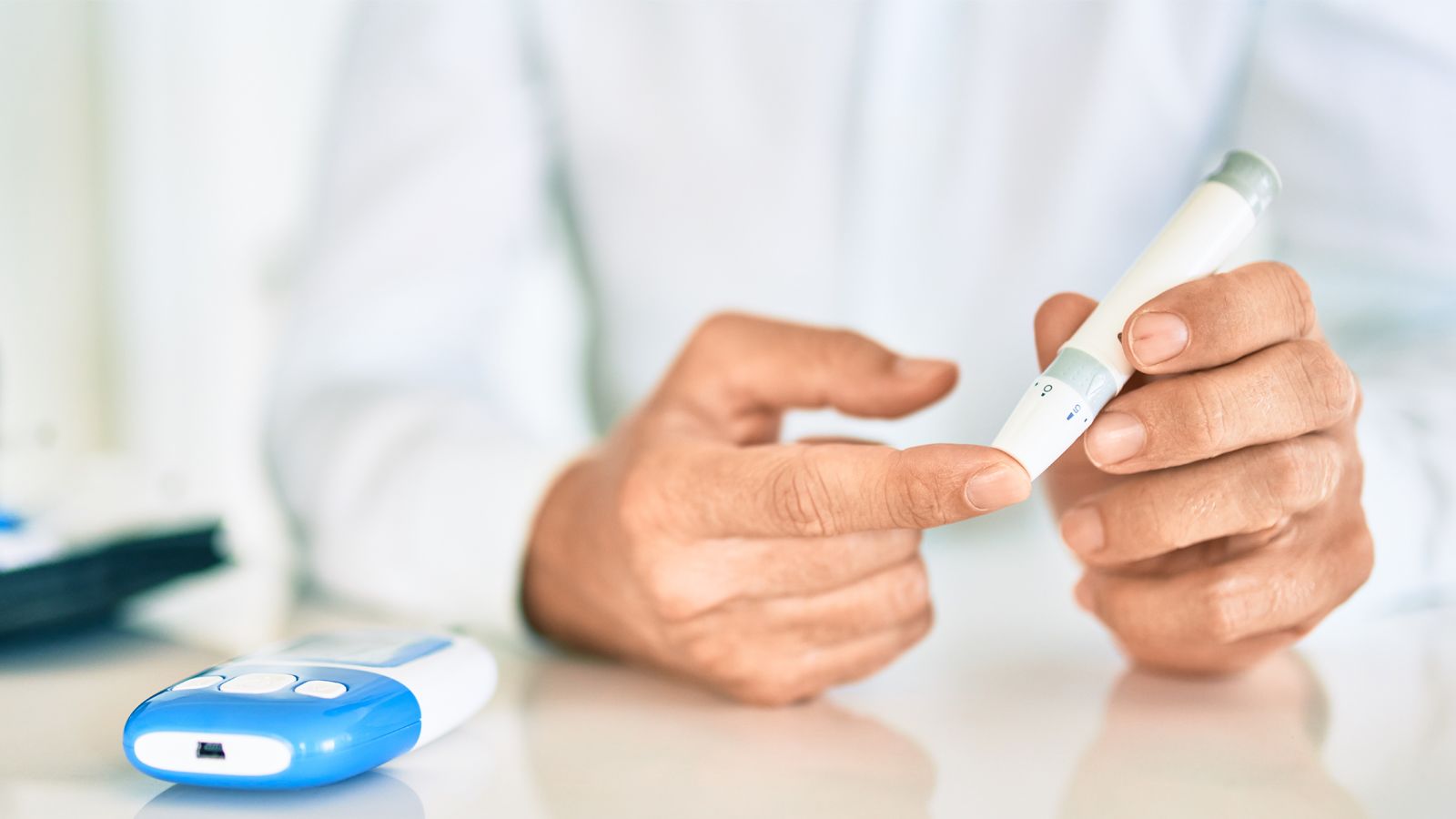

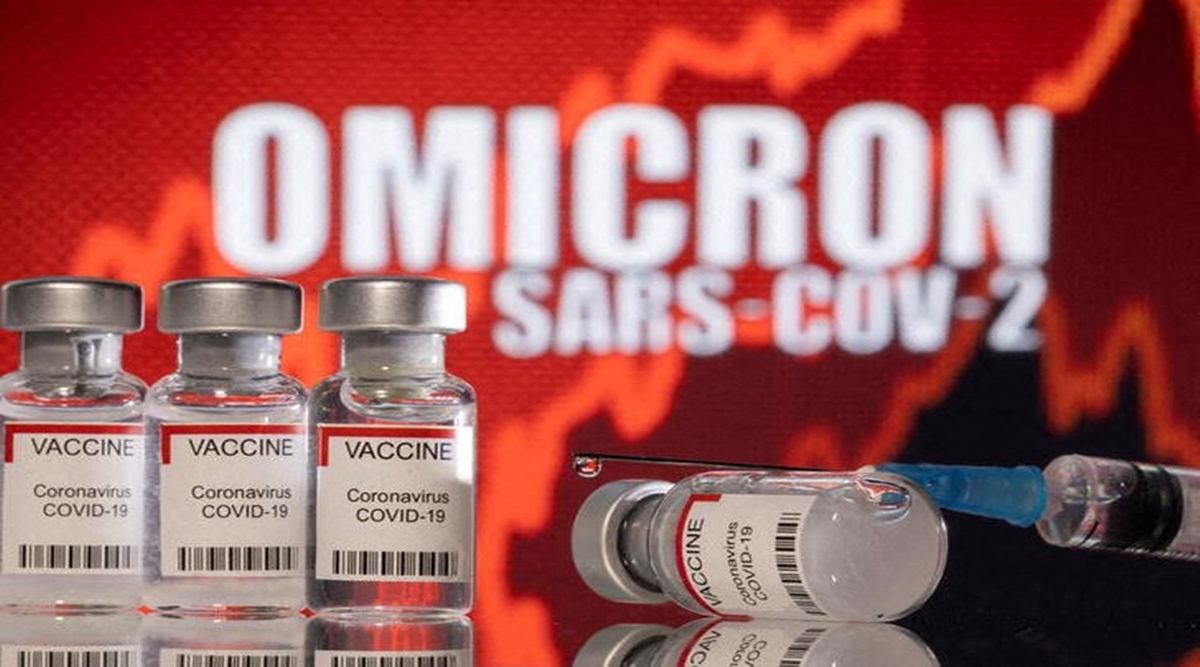
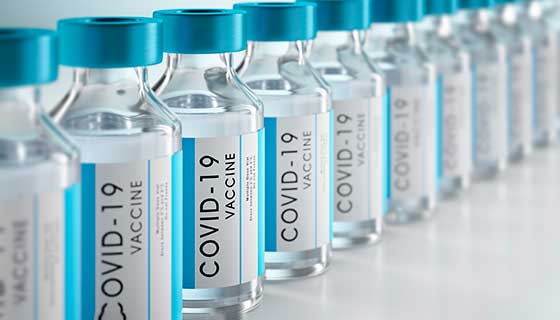
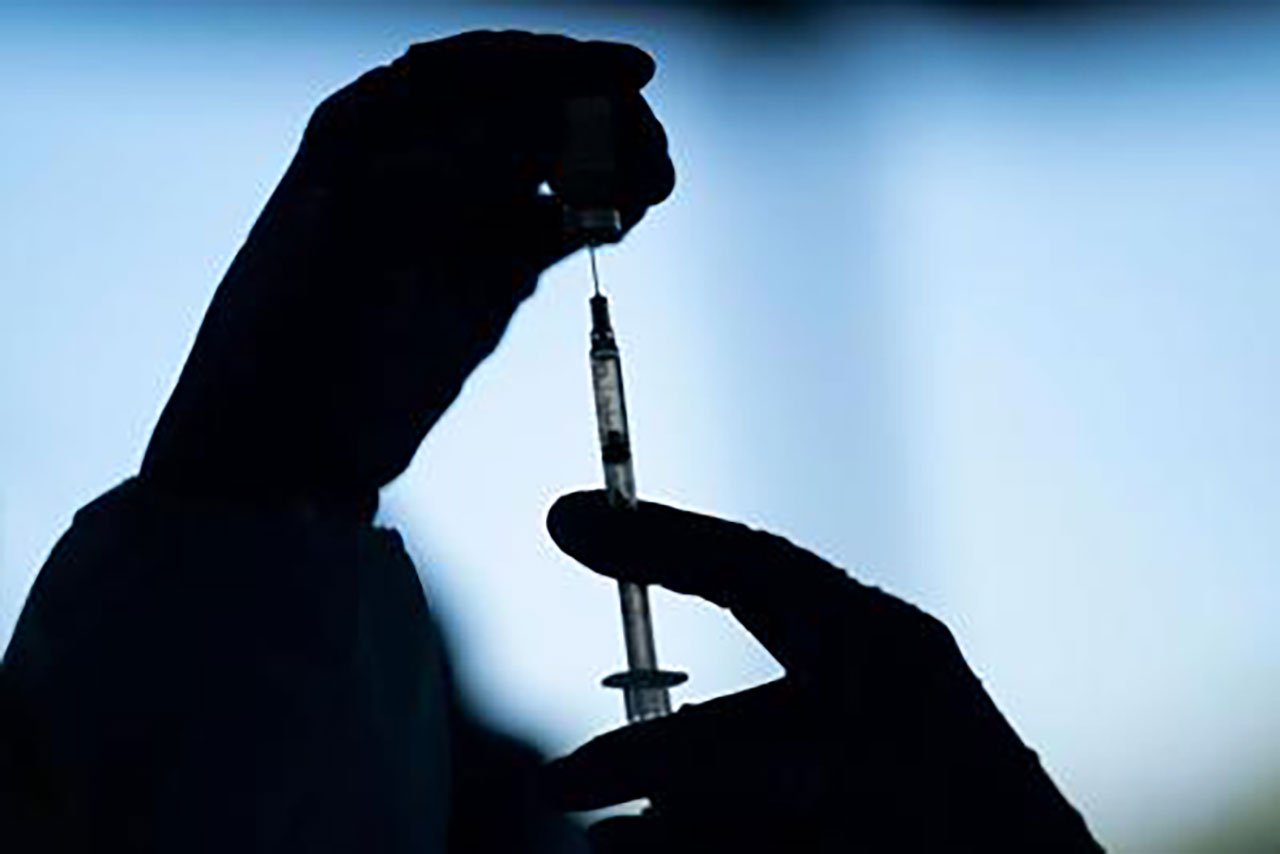
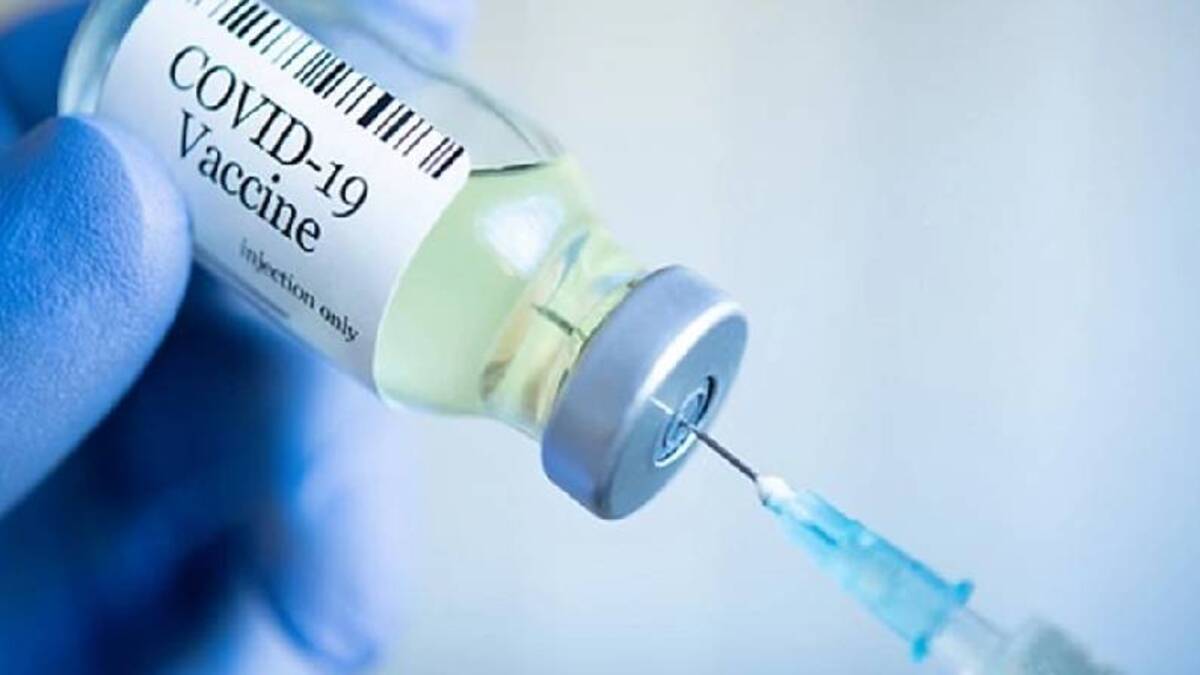

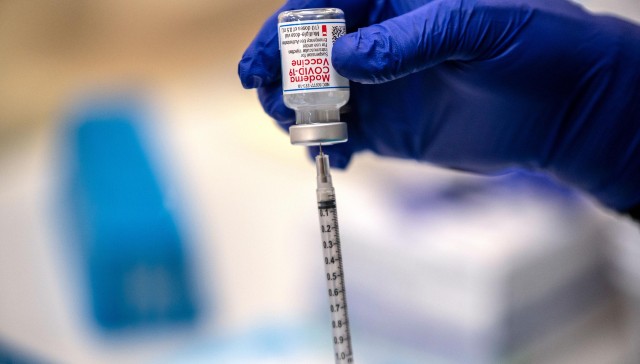
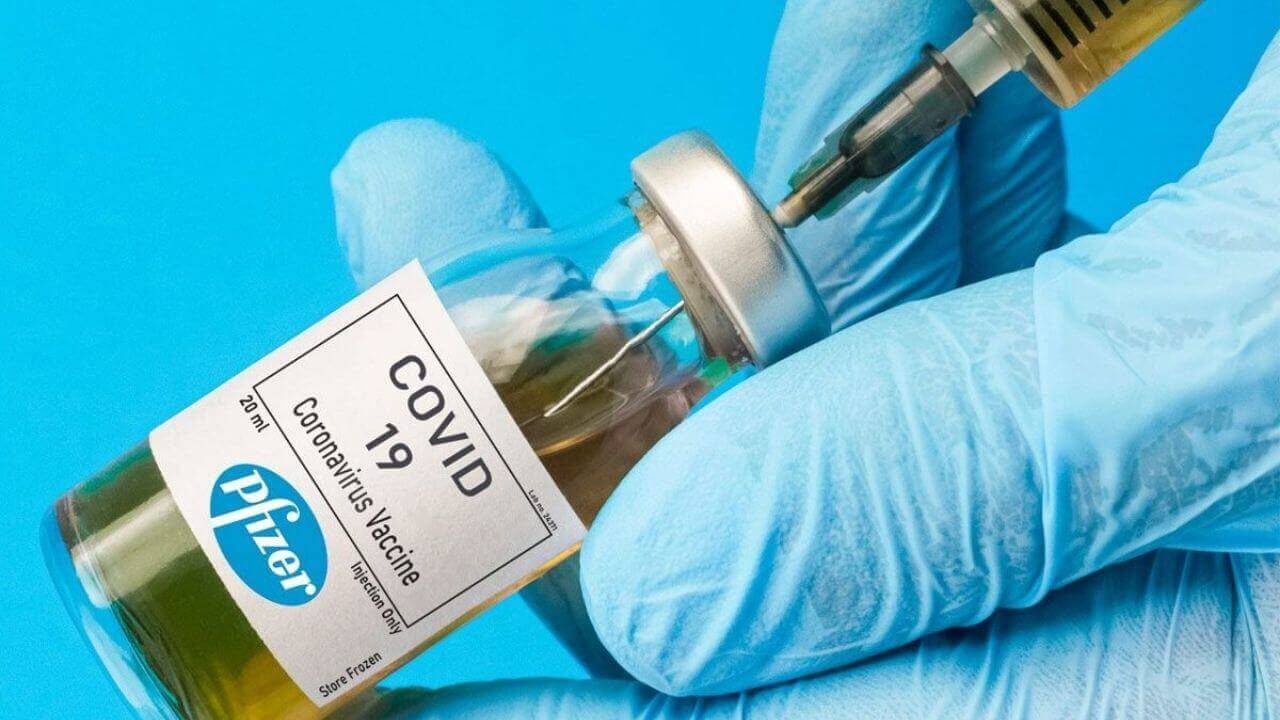
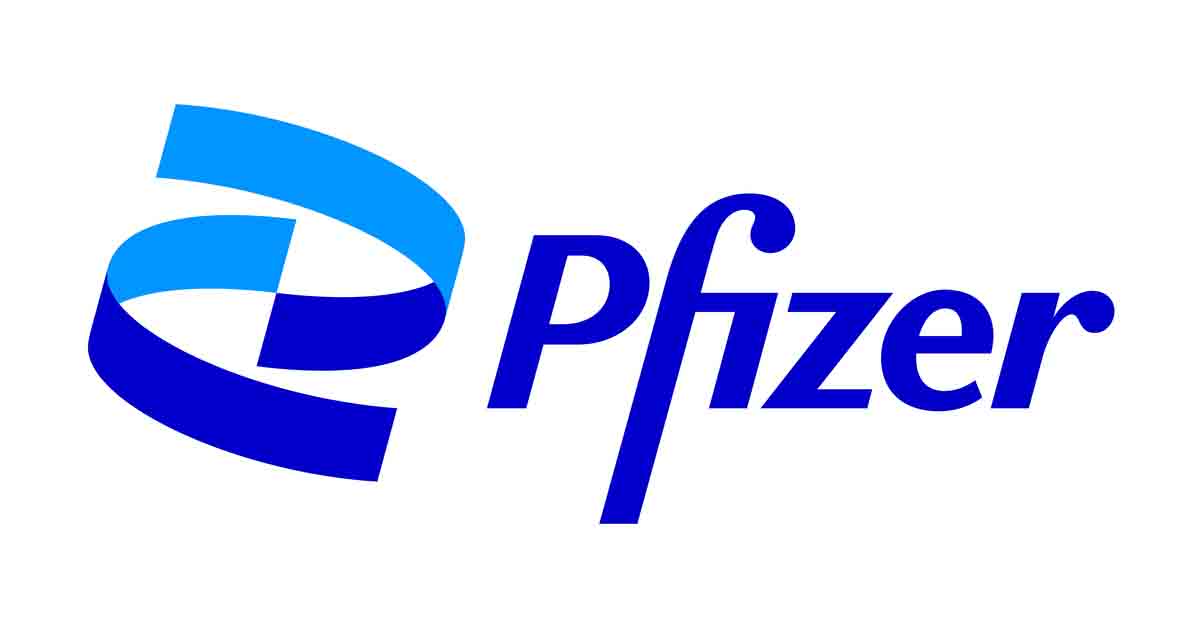





.jpeg)

.jpeg)










.jpg)




.jpg)

